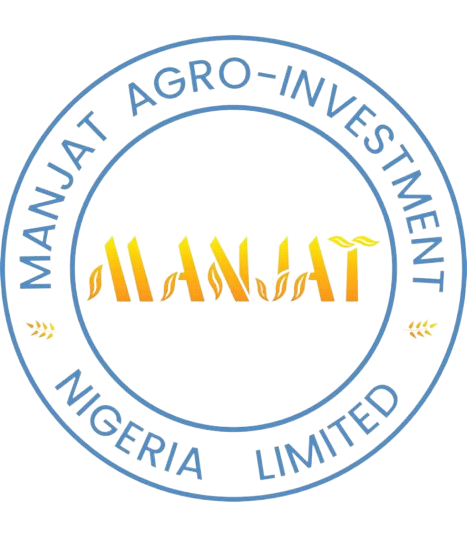Agriculture has long been a cornerstone of Nigeria’s economy, employing a significant portion of the population and contributing to the country’s GDP. However, the sector faces challenges such as outdated farming techniques, poor infrastructure, and limited access to finance. In recent years, the advent of agritech—agricultural technology—has begun to revolutionize Nigeria’s agricultural landscape, offering new opportunities for investment and growth.
The Promise of Agritech
Agritech encompasses a wide range of technologies designed to improve efficiency, productivity, and sustainability in agriculture. In Nigeria, agritech solutions are being used to address several critical issues:
- Precision Farming: Technologies like drones and satellite imagery allow farmers to monitor crop health, soil conditions, and weather patterns with unprecedented accuracy. This data-driven approach enables better decision-making and resource management, leading to higher yields and reduced waste.
- Mobile Platforms: Mobile applications are empowering farmers with access to information on best practices, market prices, and weather forecasts. These platforms also facilitate financial inclusion by providing mobile banking services and microloans tailored to the needs of smallholder farmers.
- Supply Chain Innovations: Digital platforms are streamlining the supply chain by connecting farmers directly with buyers, reducing the number of intermediaries, and ensuring fair prices for produce. This transparency helps in reducing post-harvest losses and improving the overall efficiency of the agricultural market.
Investment Opportunities
The agritech sector in Nigeria is ripe for investment, driven by a growing number of startups and increasing government support. Key areas for investment include:
- Technology Development: Funding for the development and scaling of agritech solutions such as IoT devices, sensors, and data analytics tools.
- Infrastructure: Investments in rural broadband and mobile networks to support the deployment of digital technologies in remote areas.
- Education and Training: Initiatives to educate farmers on the benefits and use of agritech, ensuring they can fully leverage these technologies.
Conclusion
Agritech holds the potential to transform Nigeria’s agricultural sector, making it more efficient, sustainable, and profitable. Investors looking to make a significant impact while achieving substantial returns should consider the burgeoning agritech landscape in Nigeria. As technology continues to evolve, so too will the opportunities for growth and innovation in this vital sector.
Article 2: Nigeria’s Green Gold: Investing in Sustainable Palm Oil Production
Nigeria, once the leading exporter of palm oil, is now looking to reclaim its position in the global market. The country’s palm oil industry is ripe for investment, offering substantial returns while contributing to sustainable economic development.
The History and Current State of Palm Oil in Nigeria
In the early 20th century, Nigeria was the world’s largest producer of palm oil. However, neglect, poor policies, and competition from Southeast Asian countries led to a decline in production. Today, Nigeria is a net importer of palm oil, despite having the ideal climate and resources for palm cultivation.
Revitalizing the Palm Oil Industry
Recent efforts to revitalize the palm oil sector are showing promise. Key initiatives include:
- Government Policies: The Nigerian government has introduced policies to support local production, including tariffs on imported palm oil and incentives for domestic producers.
- Private Sector Involvement: Private companies and investors are playing a crucial role in modernizing the industry by investing in high-yield palm varieties, mechanized farming techniques, and processing facilities.
- Sustainability Practices: There is a growing emphasis on sustainable practices, such as intercropping, integrated pest management, and conservation of primary forests, to ensure long-term viability and environmental protection.
Investment Opportunities
Investing in Nigeria’s palm oil industry offers multiple opportunities:
- Plantation Development: Investing in the establishment or expansion of palm oil plantations using high-yield varieties and modern farming techniques.
- Processing Facilities: Funding the construction of state-of-the-art processing mills to improve efficiency and product quality.
- Supply Chain Enhancement: Investing in logistics and transportation infrastructure to streamline the supply chain and reduce post-harvest losses.
Conclusion
Nigeria’s palm oil sector is on the brink of a renaissance. With the right investments, it can become a powerhouse of sustainable economic growth, providing jobs and improving livelihoods while contributing to global palm oil supplies. Investors with a focus on agriculture and sustainability should consider the vast potential in Nigeria’s palm oil industry.


Leave a Reply